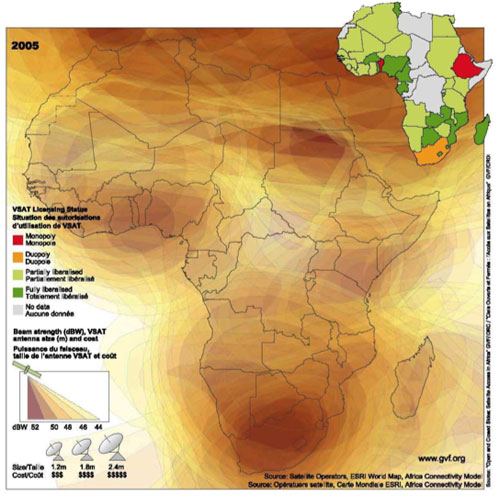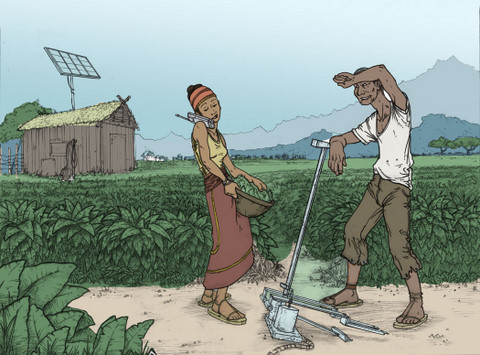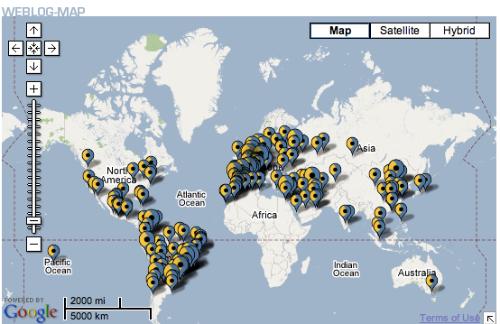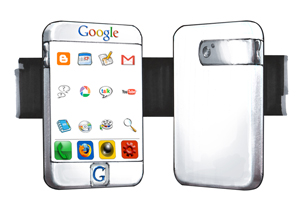One of the debates that rages amongst the developers, designers, and strategists across the African blogosphere is what types of web and mobile applications are being built in Africa. When we look at the available web applications and mobile offerings around the continent, we generally ask ourselves two questions:
- Why are there no new ideas coming out of Africa?
- Should we be developing applications for Africa, or should we be building applications for the global market?

These are very important questions, for they represent the overall web application direction within Africa. They should also raise the question amongst developers of whether or not they are really trying to meet the demands of African web and mobile users.
1) Why are there no new application ideas coming out of Africa?
Background reading:
Uno de Waal
It really isn’t that I’m negative about South African webdevelopment, it’s just that we’re producing crap clones of products that are already out there, while I think we can do much better.
Africa and Kenya specifically cannot be empowered using technology when the mindset we have adopted is one of reuse rather then revolution. If we are truly to be the next frontier of untapped technology then we must strive to build skill and nurture innovation from the onset.
Both Uno and John are concerned that we have a culture of copying and customizing not of invention and innovation. Are we? By and large the answer is “yes”. But that leads to the second question, because there might be a real reason for the direction that we see things going.
2) Should we be developing applications for Africa, or should we be building applications for the global market?
Some examples of this would be:
- Muti – an African Digg/Reddit
- Afrigator and Amatomu – African Technorati-type applications
- Zoopy – an African YouTube
Sometimes repurposing of a good idea and customizing it for a local demographic is just what is needed.
All of the examples listed above do an outstanding job of allowing a local community to own their own web-space, with content and conversations specific to them, instead of just being a tiny voice on a much bigger platform, lost in all the noise inherent to the web.
However…
While there is a need for region-specific applications, there is no reason why African developers cannot create global products.
For instance, I read a great article by John Jantsch of Duct Tape Marketing. In it he talks about the need for an application that marries up the best parts of a CMS/CRM/Accounting stystems in order really create and utilize a marketing plan. Something like this is needed for small and medium-sized businesses.
What you have here is someone stating that there is a possible need (do your own analysis first) and outlining the types of workflow and application tie-ins necessary to achieve it. It’s basic, but it’s an idea.
There is no reason that a web application developer in any city in Africa could not develop this type of application just as well as their counterparts sitting in the US or Europe.
While I want to see continued development of applications that might repurpose ideas from well established web apps for Africa, I too would like to see some real original work being done that is for a global audience.

 If you run an NGO, or know someone who does, you’ll be excited to hear about
If you run an NGO, or know someone who does, you’ll be excited to hear about 





 Someone noticed that there was a patent by Google for a
Someone noticed that there was a patent by Google for a